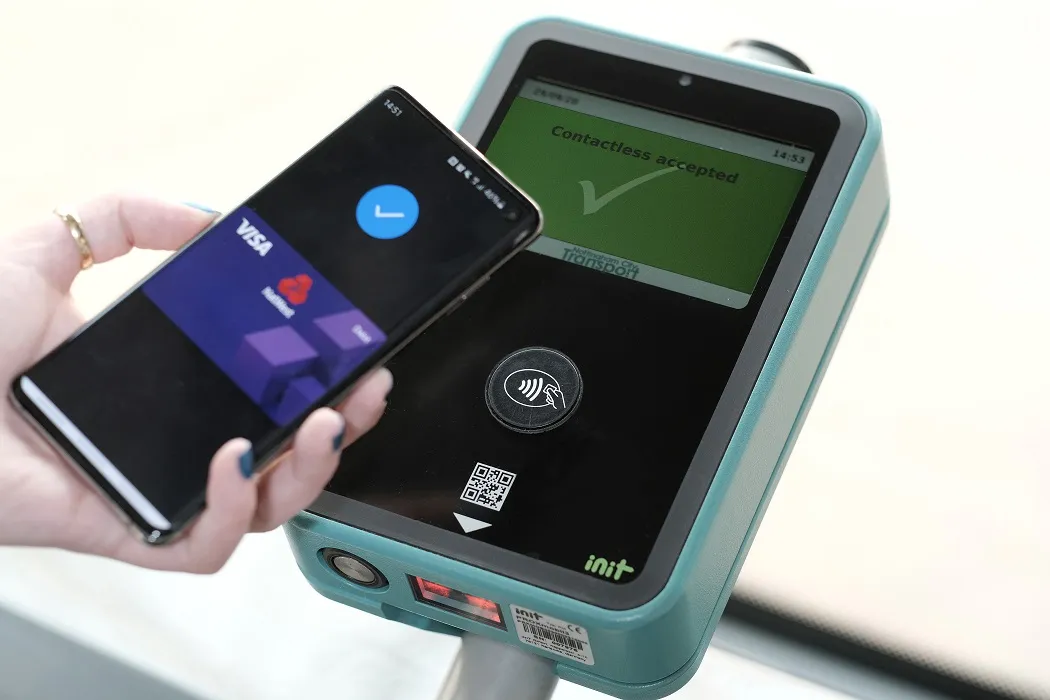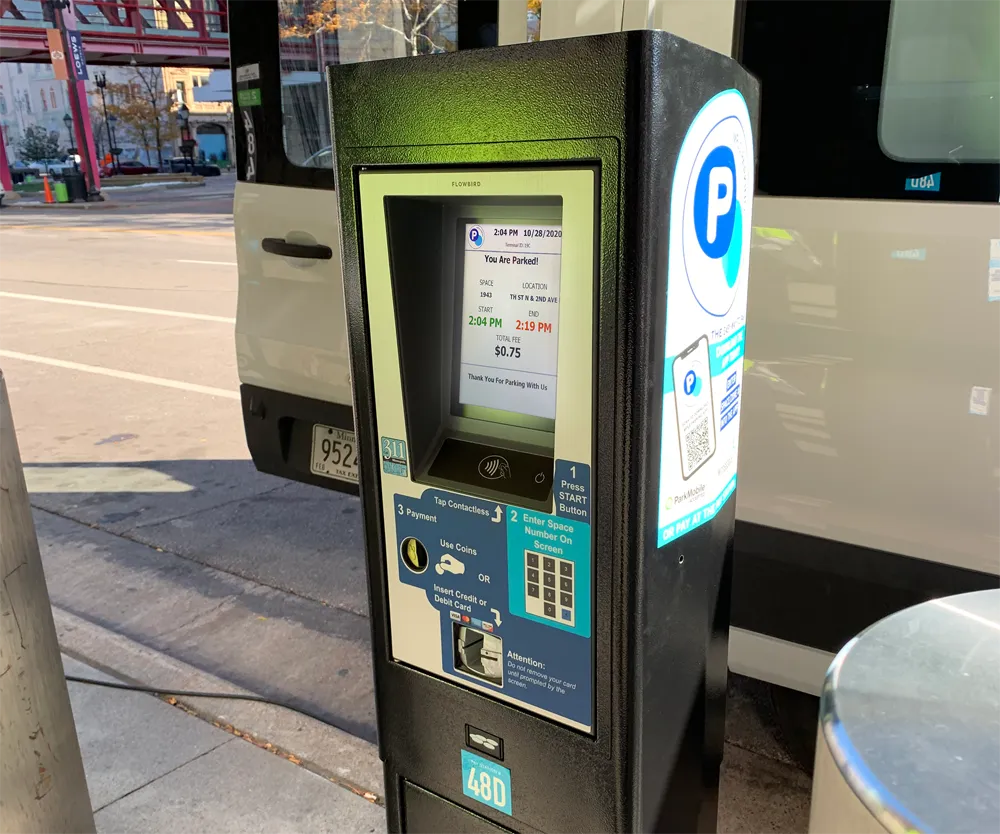GMV’s modernization of the fleet also includes the turnkey supply, installation of integrated payment systems as well as a passenger-information system.
The system also comprises a central back-office, onboard equipment to suit vehicle type and use, and posts of various types throughout the country.
GPS technology informs passengers of the bus's location while its onboard computer is said to maintain permanent communications between the driver and control centre. It can also be used to deliver information on incidents, ETAs and personal services.
Additionally, passengers will be informed on the exact time of arrival at the bus stop, which will be given to 30 electronic signal panels installed in bus stations and the main bus-stops at the central points of the cities. Other advantages include real-time fleet control and monitoring; the use of historical service-quality information and; Ecodriving. The supply of information to onboard passengers at bus-stop panels via an app will be available by mid-January 2018.
Users can pay via paper tickets and ultra-light single-use cards to replace barcode or magnetic-strip cards for a more secure payment system. The Mifare Desfire EV2 rechargeable smart can also be used for quicker payment formats.
Demetriadis, said: “The state is obliged to keep up, promote and improve public transport services. Boosting the number of public-transport users is a crucial step in tackling the traffic problem.”
GMV system upgrades Cyprus's buses to improve traffic conditions
Cyprus's Transport and communications minister, Marios Demetriadis, travelled onboard one of the country's modernized buses fitted with GMV's fleet-management system to provide riders with real-time, bus stop and status information and improve the region's public transport services. This equipment has been installed in two-thirds of the 790 vehicles and will include fleets from Nicosia and Limassol in December.
December 22, 2017
Read time: 2 mins
Cyprus's Transport and communications minister, Marios Demetriadis, travelled onboard one of the country's modernized buses fitted with 55 GMV's fleet-management system to provide riders with real-time, bus stop and status information and improve the region's public transport services. This equipment has been installed in two-thirds of the 790 vehicles and will include fleets from Nicosia and Limassol in December.










